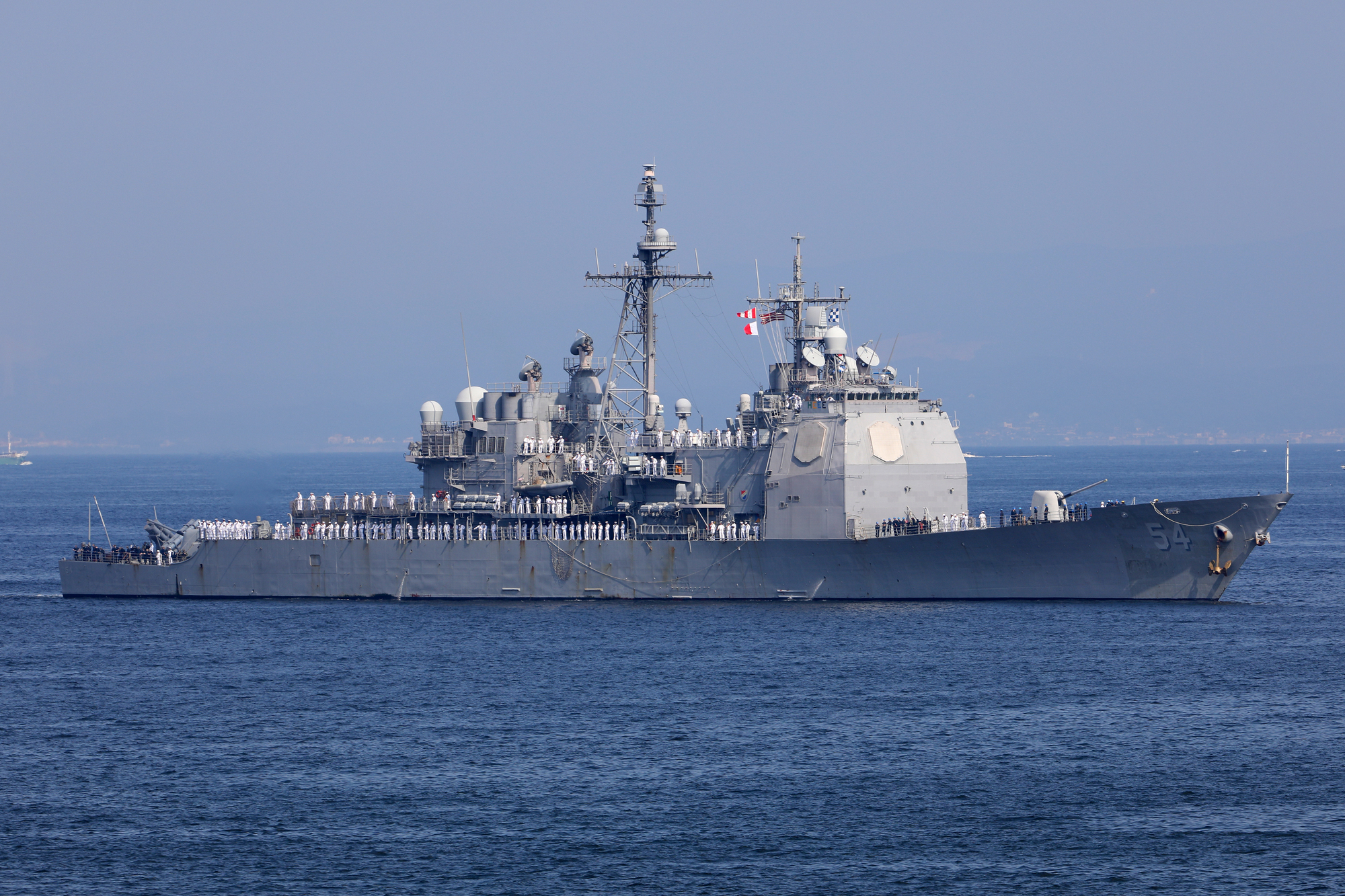2021/02/01
Urgent Statement on the Chinese Maritime Police Law by SAITO Takashi (former Chief of Staff, Joint Staff, JSDF)
February 01, 2021
Urgent Statement on the Chinese Maritime Police Law
Nakasone Peace Research Institute
Chairman, Maritime Security Study Group
Admiral (Ret.) Takashi Saito, former Chief of Staff, Joint Staff, JSDF
On January 22, at the Standing Committee of the National People's Congress, China passed and enacted the Maritime Police Law, which defines the duties and authority of China's Coast Guard, and came into effect on February 1; but some parts of this law are incompatible with international law and practice.
Most of the media coverage of the enactment of the Maritime Police Law has focused on Article 22, which states that "all necessary measures, including weapons " can be taken against foreign organizations or individuals that infringe on China's sovereignty or jurisdiction, and has raised concerns that this could lead to armed conflict between China and Japan. In addition to these concerns, there are suspicions that the law contains many provisions that are incompatible with international law and practice. Our Maritime Security Study Group believes that Article 21 of the Law is a provision that the international community, which values the rule of law and justice, should not overlook.
Article 21 states that "Maritime police agencies have the right to take necessary warning and control measures to stop foreign military ships and government ships used for non-commercial purposes that violate Chinese laws and regulations in the waters under Chinese jurisdiction, and order them to leave immediately the relevant sea areas. For those who refuse to leave and cause serious harm or threats, the maritime police agency has the right to take measures such as forced eviction" (provisional translation). This provision deletes the definition of "waters under China's jurisdiction" found in Article 74(2) of the previously announced draft, making it ambiguous, as well as imposing restrictions on the navigation of warships and government ships as China's unilateral authority in "waters under its jurisdiction". This is contrary to the principle of sovereign immunity for warships and government ships, and is clearly contrary to international law, as it imposes restrictions on the navigation of those ships outside of territorial waters through domestic law, and restricts the principle of freedom of navigation in international waters.
We believe the enactment of the Maritime Police Act, which tramples on the international maritime law and order and the principle of freedom of the seas that have been built up through historical efforts, should not be allowed to legitimize the actions of China's Coast Guard in the East and South China Seas, and should not be allowed to make China's domination of the seas a foregone conclusion.
Nakasone Peace Institute's Maritime Security Study Group has identified the violations of international law encompassed by the China Maritime Police Act, and hereby issues this urgent statement to the domestic and international communities that respect law and justice.
This is the view of the Maritime Security Study Group and does not necessarily represent the view of the institute.






